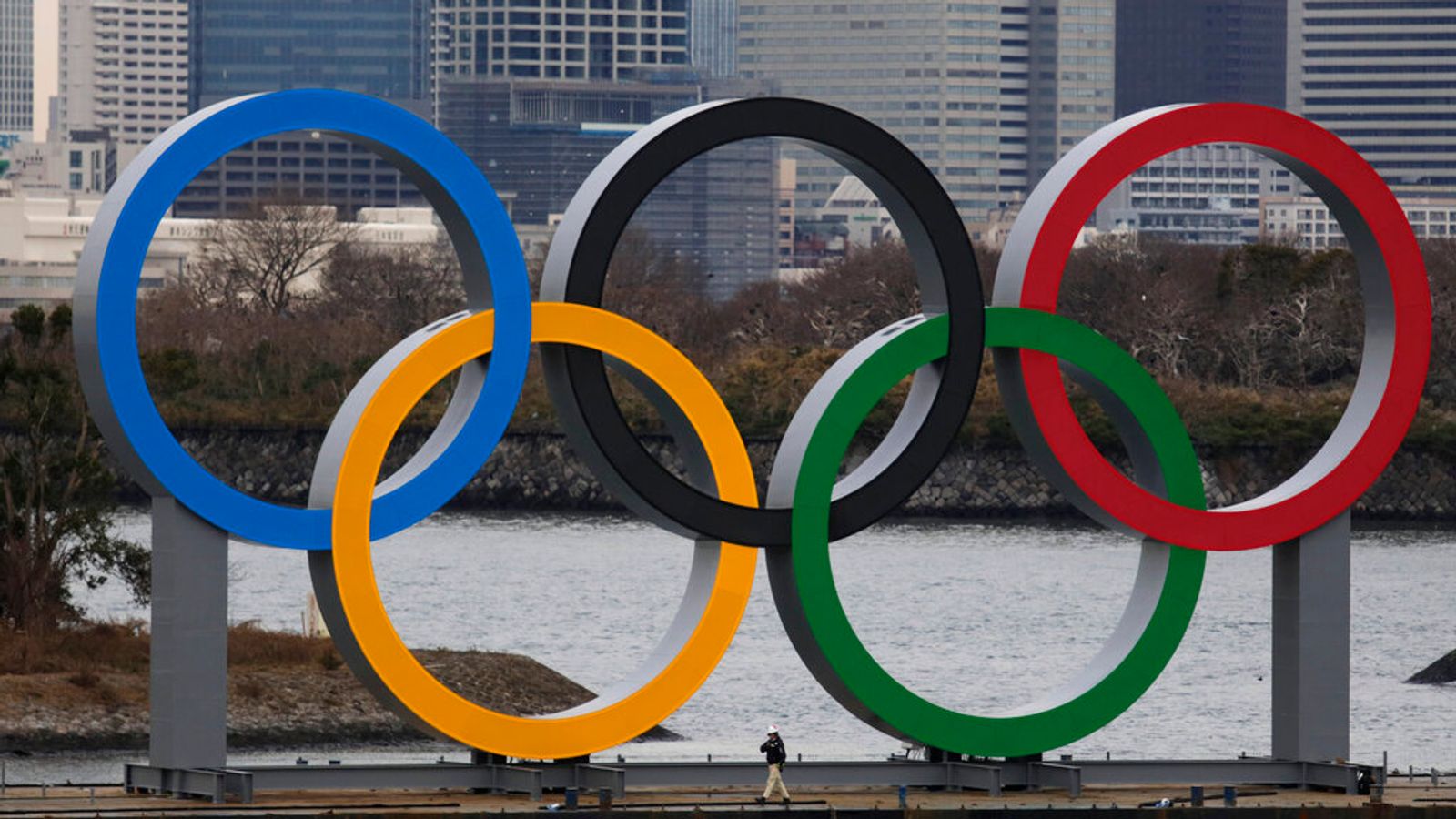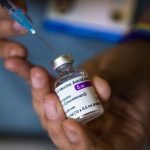The only thing which will stop the Tokyo Olympics going ahead, according to the International Olympic Committee, is “Armageddon” – a bar that the pandemic, as terrible as it has been, does not currently meet.
That has many in Japan upset.
Sixty-three per cent of the public are opposed to holding the Olympics, according to the Nikkei newspaper.
Nearly 3,000 new COVID-19 cases were recorded on 30 May and although the number has been trending downwards since the middle of May, the public is questioning whether 90,000 athletes, officials, journalists and other workers arriving in the country is the wisest idea.
That may seem strange in the UK, which is preparing to host a chunk of the Euro 2020 football tournament. But the Japanese public has three reasons to hesitate.
First, Japan has controlled COVID a lot better than most. There have only been around 13,000 deaths over the whole pandemic – and it wants to keep things that way.
Second, the arrival of new, more transmissible variants, which Japan has largely avoided.
And third, Japan has proceeded very cautiously with vaccine approvals. As a result, only 12 million doses have been administered for a country with a population of 126.3 million.
Those are all justified concerns but don’t satisfy the IOC’s Armageddon criteria. And with less than two months before the games start, they are unlikely to be cancelled. Another postponement has already been ruled out.
Japan is taking some measures. Foreign spectators have already been banned from coming. And capacity in stadiums will be reduced, as it has for baseball and football matches.
The Yomiuri Shimbun newspaper reported that Japanese spectators would have to provide proof of vaccination (which will be pretty hard to come by the way things are going) or a negative COVID-19 test. There were also reports that anyone watching in person would be barred from shouting or giving high-fives.
If the spectators are there to provide atmosphere, a disgruntled public forbidden from cheering doesn’t promise much of that. And there could still be a ban on anyone attending at all.
To avoid that, the Japanese government needs to reassure the public a lot more effectively than it has so far.






















